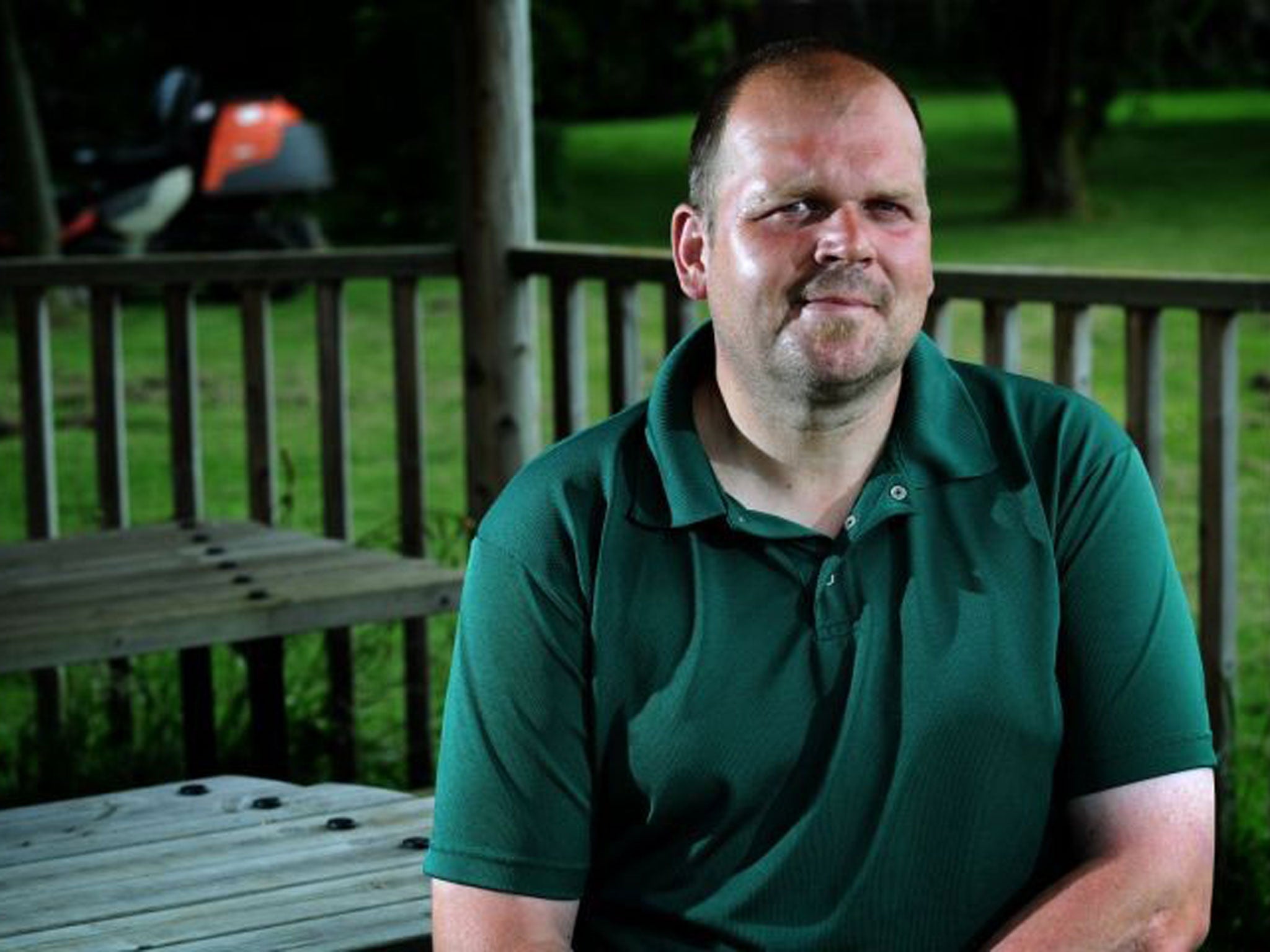Simon Read: 'Speak to those who care: debt problems multiply when you keep them all in'
Many veterans face mental and physical problems that can lead to financial crises

One of the most common ways in which people fall into debt woes is going through a life-changing experience and struggling to cope with it. Divorce, the death of a loved one, or losing a job can all be the first step on a road that ends in financial misery.
So while around the country today there will be celebratory events and an appreciation of troops to mark Armed Forces Day, spare a thought for those veterans who've struggled since leaving the service. Many face mental and physical problems that can lead to financial crises.
I talked this week to one veteran whose story is sadly typical. Ady (pictured above) left the Army in 1992 but only now, aged 48, is he getting his life back together from the financial fallout of becoming a civilian after six years in the Royal Engineers.
"It was hard," he told me. "I couldn't adjust to life in civvy street and I hadn't been prepared for the changes and the effect it would have on me." The first problem was finding a job – it took six months – but the main problem was the complete change in lifestyle.
"You can't describe it unless you've been there but I missed the support and camaraderie," said Ady, who served in Northern Ireland. "The things I'd seen and witnessed weren't unusual in the Army, but on the outside it was different."
He couldn't cope and his life and his debts spiralled out of control. "I went down the road of drugs and crime." He drifted to the point that by 2011 he was homeless, living on the streets of Lincoln with debts running into thousands.
Then he got a break. He came upon the Nomad Trust in Lincoln, which provides specific accommodation and support for those who were part of the Armed Forces. He still lives there and has now got regular employment and hopes. And, crucially, they've helped him sort out his debts.
Jane Clack, money consultant at the debt adviser PayPlan, explained: "The achievements of our military heroes mean they are often, quite rightly, celebrated by their friends and families. As such, the difficulties and struggles of post-military life can sometimes be forgotten."
PayPlan reports a rise in debt enquiries from ex-military personnel. "It's important that anyone struggling with debt tell their close family and friends about the issue," Jane said. "They may be able to provide greater support than you think." That's good advice for anyone with debt worries.
s.read@independent.co.uk
Twitter: @simonnread
Join our commenting forum
Join thought-provoking conversations, follow other Independent readers and see their replies
2Comments